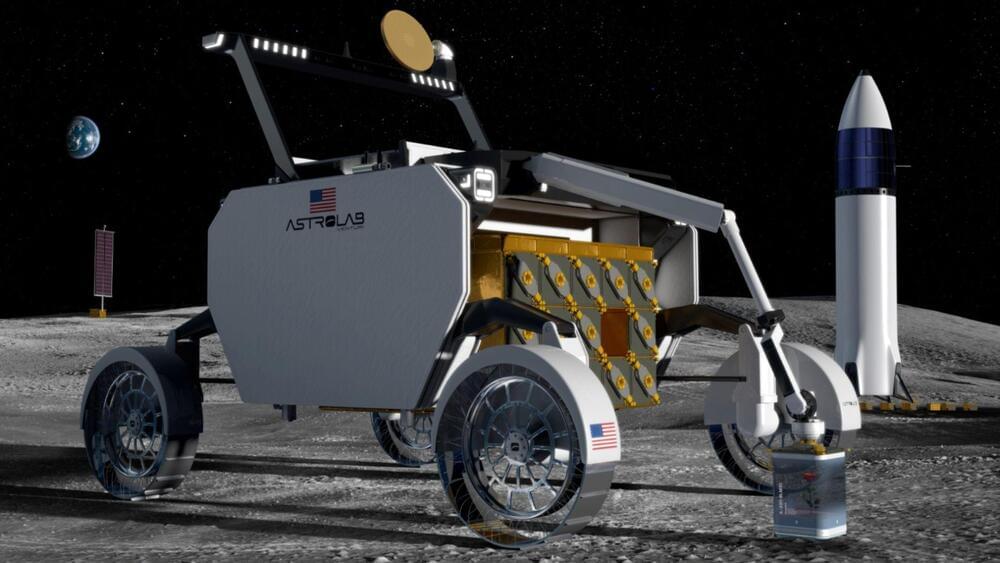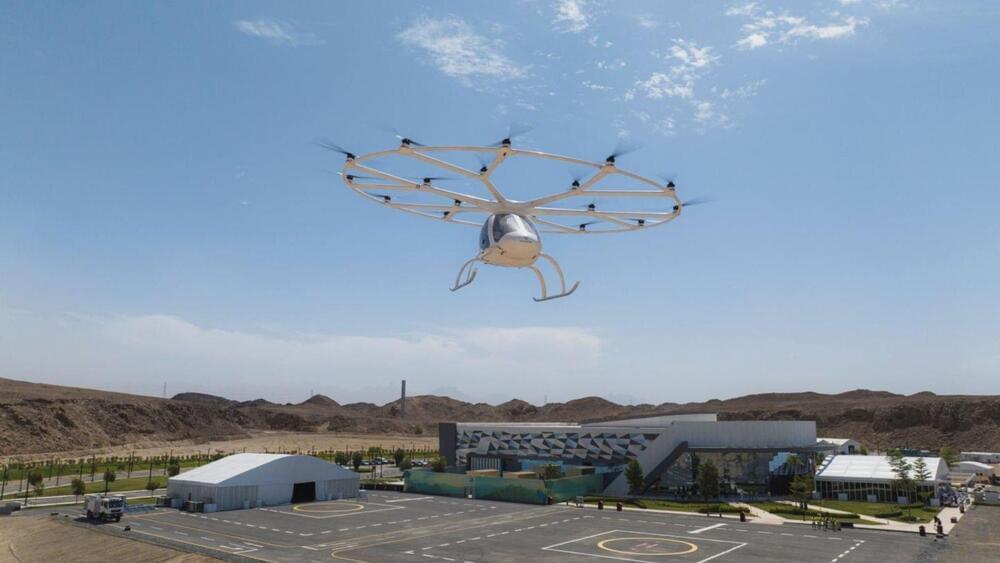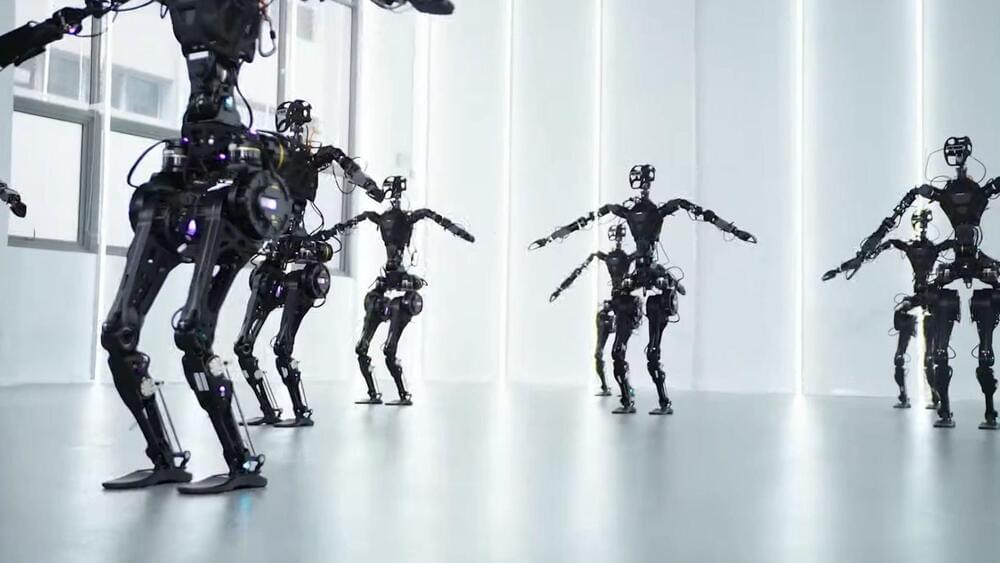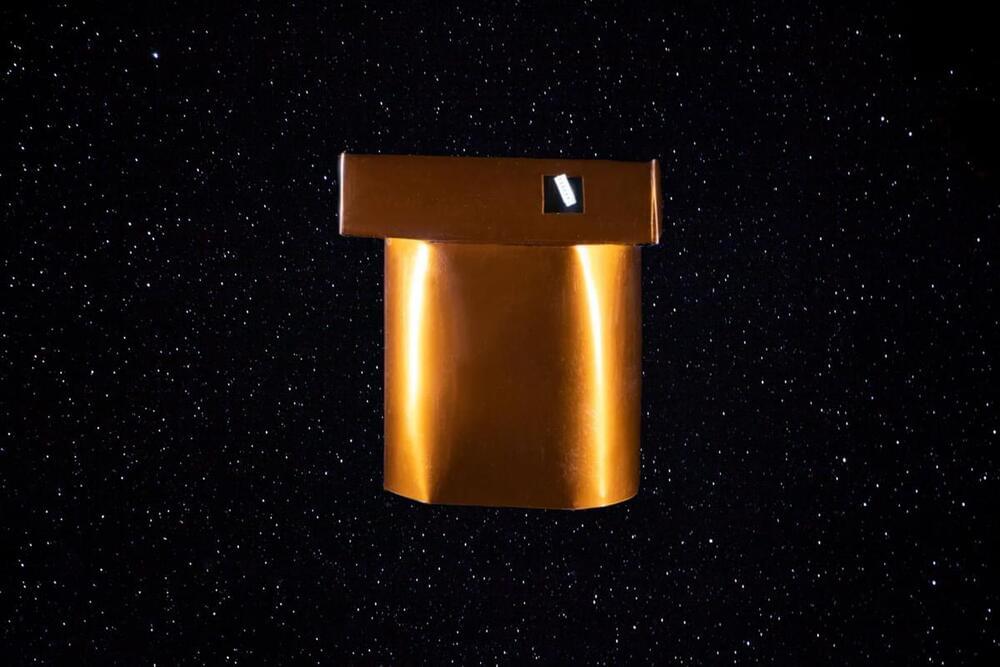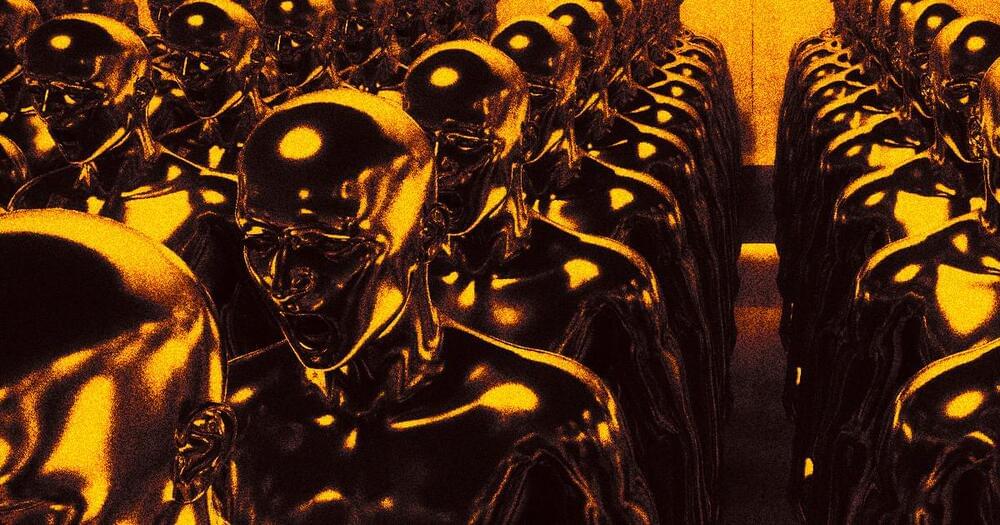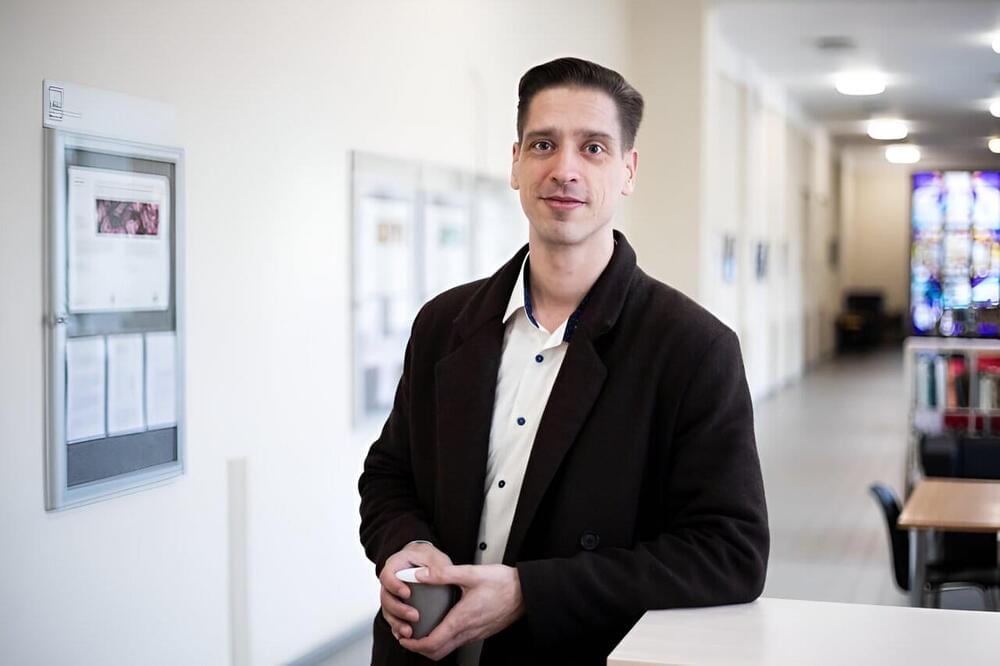
“The world isn’t doing terribly well in averting global ecological collapse,” says Dr. Florian Rabitz, a chief researcher at Kaunas University of Technology (KTU), Lithuania, the author of a new monograph, “Transformative Novel Technologies and Global Environmental Governance,” recently published by Cambridge University Press.
Greenhouse gas emissions, species extinction, ecosystem degradation, chemical pollution, and more are threatening the Earth’s future. Despite decades of international agreements and countless high-level summits, success in forestalling this existential crisis has remained elusive, says Dr. Rabitz.
In his new monograph, the KTU researcher delves into the intersection of cutting-edge technological solutions and the global environmental crisis. The author explores how international institutions respond (or fail to respond) to high-impact technologies that have been the subject of extensive debate and controversy.
